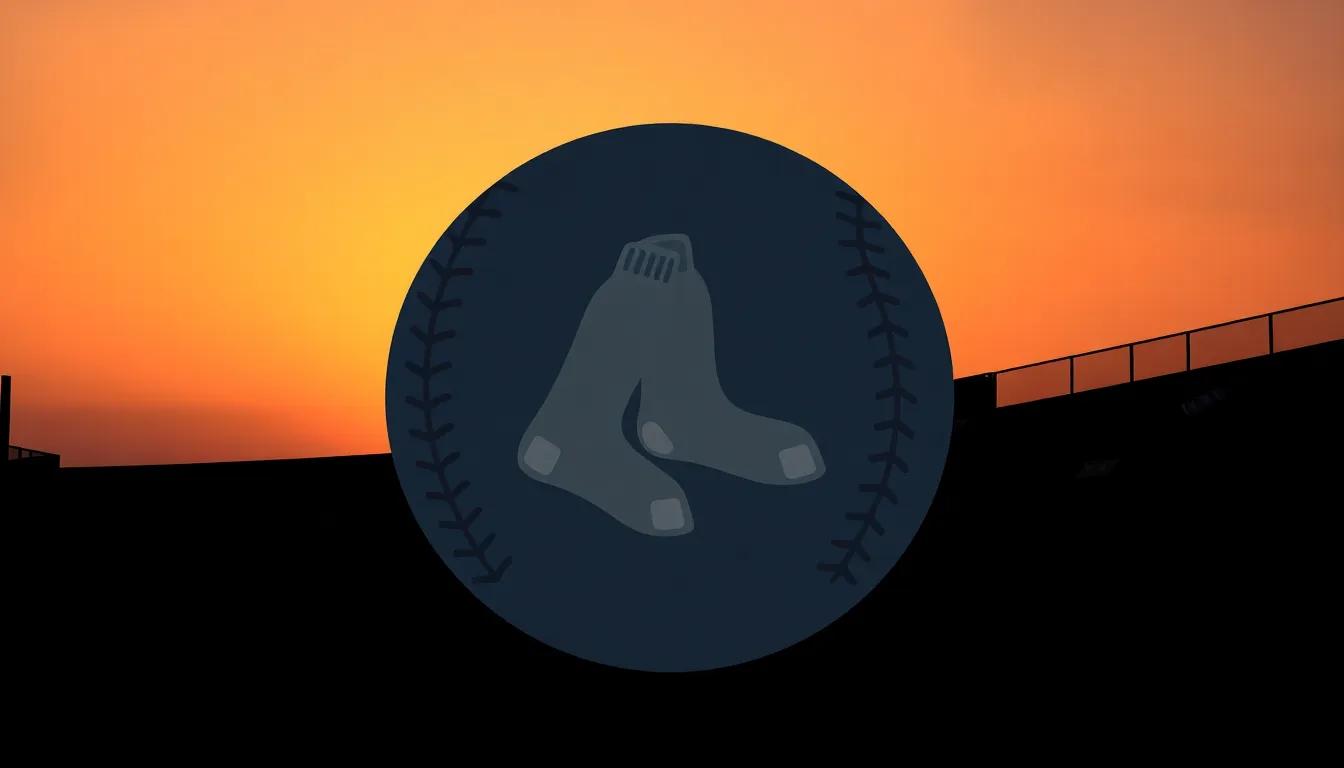Pete Rose still sits atop MLB’s all-time hits leaderboard nearly four decades after hanging up his cleats. His 4,256 career hits outpace Hall of Famers Ty Cobb (4,189) and Hank Aaron (3,771), who rank second and third. But Rose’s absence from Cooperstown remains baseball’s most infamous exclusion — the result of his admission to betting on baseball.
The controversy began in 1989 when Rose, then managing the Reds three years after retiring as a player, faced gambling allegations. By 1991, he’d received a lifetime ban from baseball and was denied reinstatement attempts.
Rose died in September 2024, prompting renewed debate about his Hall of Fame eligibility. While MLB Commissioner Rob Manfred has dismissed the possibility of posthumous induction, President Donald Trump has now entered the conversation.
On Saturday, Trump announced on Truth Social that he’ll pardon Rose for federal tax crimes while criticizing MLB for keeping baseball’s hit king out of the Hall.
Trump’s pardon announcement
Trump’s post on Truth Social detailed his decision to pardon Rose for filing false tax returns in 1990. He specifically criticized MLB for never inducting Rose before his death.
In his statement, Trump highlighted that Rose isn’t just MLB’s all-time hits leader but also holds the record for playing in the most winning games. He indicated he’ll sign a “complete pardon” for Rose soon.
The pardon won’t expunge Rose’s record but represents a posthumous government forgiveness of his crime.
What the pardon actually covers
Here’s where things get interesting. Rose was convicted of two felony charges in 1990 for filing false tax returns after he failed to report $354,968 in income from memorabilia sales, autograph signings, and personal appearances. He served five months in a federal correctional institution.
Despite his notorious gambling on baseball, Rose was never criminally charged for those activities — he simply violated MLB rules.
Trump’s “complete pardon” would only address the tax return charges, for which Rose already completed his sentence decades ago.
No impact on MLB’s stance
The pardon won’t affect Rose’s baseball ban. While his gambling violated the integrity of the game, it wasn’t a criminal offense. MLB implemented its harsh punishment to demonstrate zero tolerance and deter other players from gambling on baseball.
Trump’s pardon carries no official weight regarding how MLB views Rose’s violations of baseball rules.
This doesn’t change Rose’s Hall of Fame prospects either. In a statement to ESPN, lawyer John Dowd, who investigated Rose for MLB in 1989, said that MLB is “not in the pardon business nor does it control admission to the HOF.”
Trump’s pardon essentially carries the same weight as anyone else saying “Pete Rose belongs in the Hall of Fame.” Rose’s lifetime ban from baseball continues even after his death, and this move neither makes him automatically eligible for Cooperstown nor improves his chances. Only the MLB commissioner has the power to change that status.





